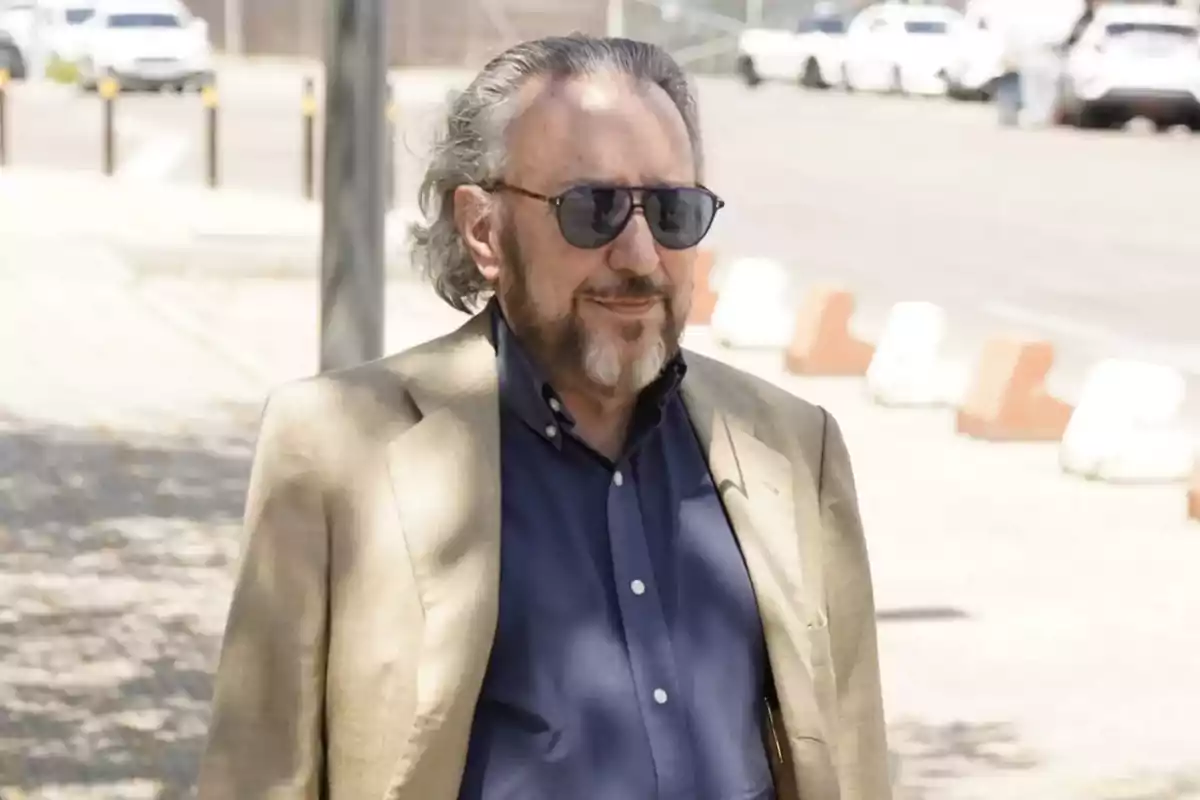
Fernando Peña, mastermind behind the Nummaria case: links with the monarchy and Interior Ministry
The tax advisor for artists such as Duato and Arias married journalist Almudena Bermejo, a close friend of Queen Letizia
The Nummaria case appears to be reaching its procedural end. This financial scandal has resulted in a two-year prison sentence for actor Imanol Arias, who previously reached an agreement with the Prosecutor's Office. It has also led to the acquittal of producer Miguel Ángel Bernardeau and actress Ana Duato.
The highest sentence has been given to the artists' advisor, Fernando Peña, who was initially sentenced to 80 years in prison. He has been charged with crimes of tax fraud, procedural fraud, forgery of commercial documents, punishable insolvency, and others. The court has ordered his imprisonment without suspension, according to legal sources.
If the sentence is confirmed, Peña "could benefit from the 'triple of the highest' rule to serve 12 years in prison out of the initial 80." This legal limit establishes that if a person is convicted of several crimes, the total sentence to be served can't exceed three times the highest sentence among all convictions. In Peña's case, this would mean his sentence would be 12 years. This is a "strategy" that businessman Francisco Correa and politician Julián Muñoz have already used.
Fernando Peña Álvarez, The Boss, was how his employees at the tax advisory firm Nummaria knew him. Peña has been a well-known tax advisor since the 1990s, highly sought after by all millionaires and prominent artists since the beginning of that remarkable decade for television in Spain.
The judge in the case considers it proven that the actors from "Cuéntame cómo pasó" used Peña's financial structures between 2010 and 2016. According to the ruling, which can be appealed, he did so through his Nummaria office to avoid paying taxes on their capital in Spain.
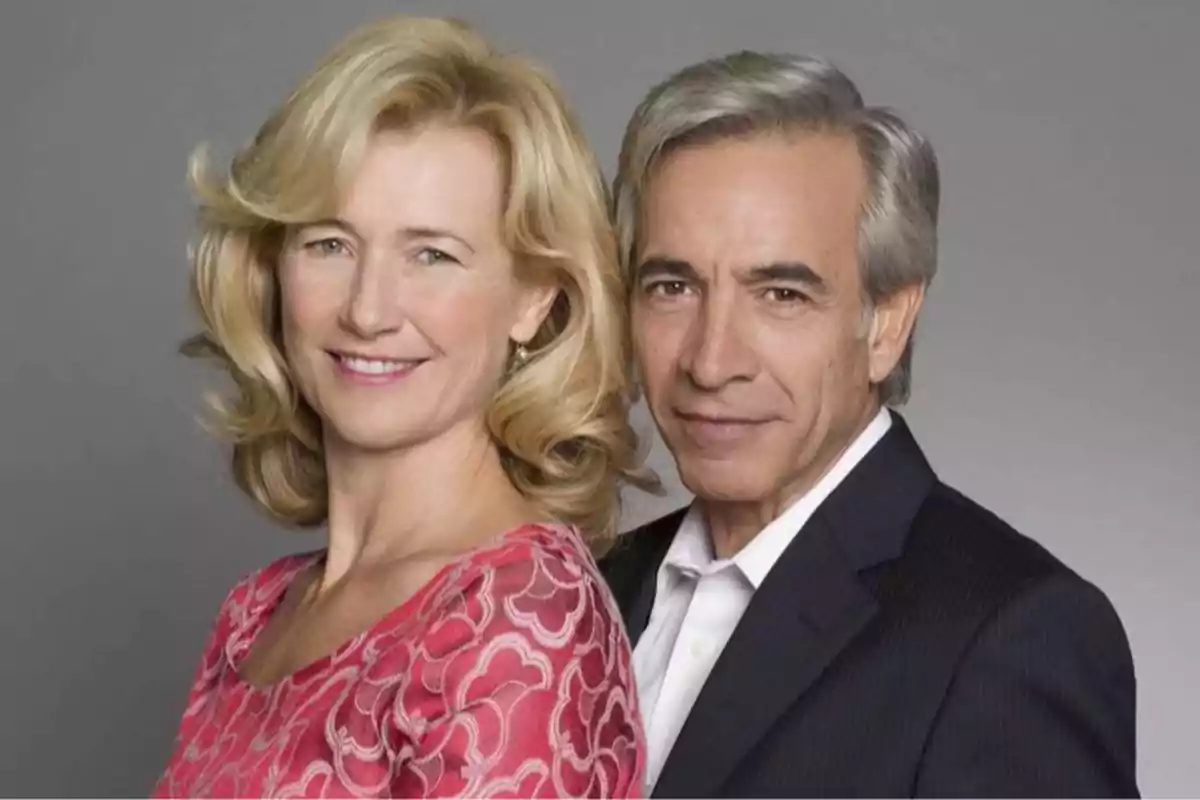
During the investigation, the judge pointed out that for the control of this structure, Fernando Peña was assisted by his son Pedro Ángel Peña Bello. In addition to his department heads, José Luis Álvarez García (tax), Pedro Mena Regodon (accounting), and Francisco Javier Gómez Gutiérrez (legal). All of them "acted in coordination under the leadership of Fernando Peña and divided functions among themselves, keeping their illicit activity ongoing at least since 2005."
Additionally, the judge explains that, in the case of Fernando Peña, by using this structure he allegedly evaded his tax obligations both in personal income tax and VAT, which the judicial investigation has quantified at 10.8 million USD (9.8 million euros) in the case of the former tax and 6.4 million USD (5.8 million euros) in the latter.
This places Fernando Peña at the center of the plot, who from the beginning has been considered the mastermind of the Nummaria case. However, this is not the first matter that has put the lawyer and advisor in the media and legal spotlight.
Fernando Peña, The Mastermind Of Money Laundering
Many Spanish artists have passed through Peña's office, located in the heart of Madrid. From Luis Eduardo Aute to Joaquín Sabina, not forgetting Azúcar Moreno. Of course, Imanol Arias and Ana Duato along with her husband, producer Miguel Bernardeau, owner of the production company Ganga Producciones, the creator of the series Cuéntame cómo pasó.
Thanks to his people skills, Fernando Peña Álvarez became one of the most renowned tax advisors in the 1990s. He was a figure who always enjoyed show business and being surrounded by it.
His opinion articles in the well-remembered salmon pages of the newspaper El País were widely read by all those who needed or wanted tax advice. There, he signed alongside his then partner, great friend, and colleague in the management of the most influential newspaper of the time in this field: "La Gaceta Fiscal." This was lawyer and tax advisor José Manuel Díaz Arias.
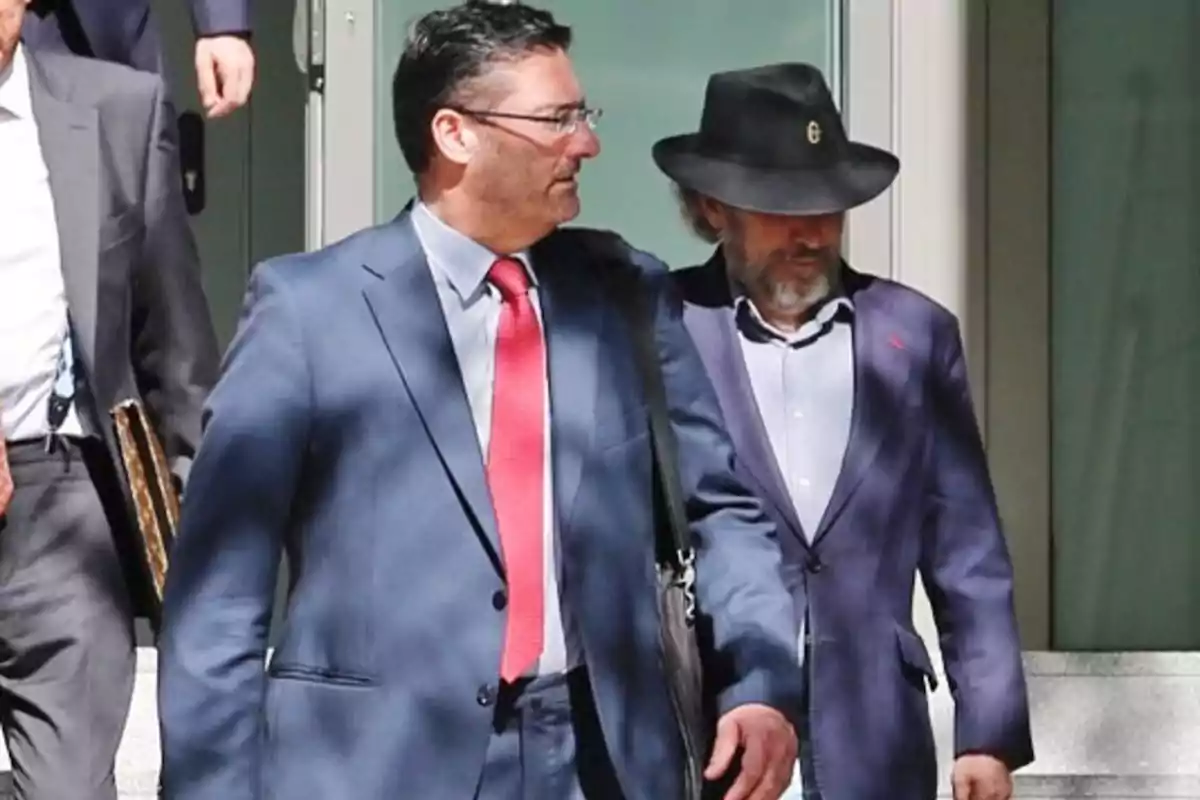
Peña was an advisor who had gone from working for the Spanish Treasury, as a financial and tax inspector—even being a professor of José María Aznar—to advising all kinds of clients, always wealthy and well-known. He was in constant direct contact with them—never delegating to anyone else. All to show how to reduce their million-dollar tax bill.
In fact, he went on to direct several master's programs on the subject at renowned university centers, where he was a respected and very well-paid professor. Thus, he became the first President of the Registry of Economist Tax Advisors (REAF). He held this position between 1988 and 1996, with all its power.
His Close Friendship With The "Dangerous" Rafael Vera
His beginnings date back to 1987 when he established his first private business: the company Gestores del Mercado de Valores, later called Gestesor SGIIC. But it was in 1991 when he created his first flagship: Gestesor Inversores SL.
In those years, he had the invaluable help of his aforementioned partner and inseparable friend José Manuel Díaz Arias, with whom he signed all the opinion articles in the newspaper El País, who became his other self. Together, they enjoyed the privileged information needed and mastered all the intricacies of the Spanish Public Treasury perfectly.
It should be noted that the tax advisor and consultant, José Manuel Díaz Arias, was the personal advisor to the then all-powerful Secretary of State of the Ministry of the Interior of the socialist government of Felipe González, Rafael Vera Fernández-Huidobro. So much so that Díaz Arias was for a time a lawyer for the Legal Affairs Office (GAL) of the socialist Ministry of the Interior, under Vera's supervision.
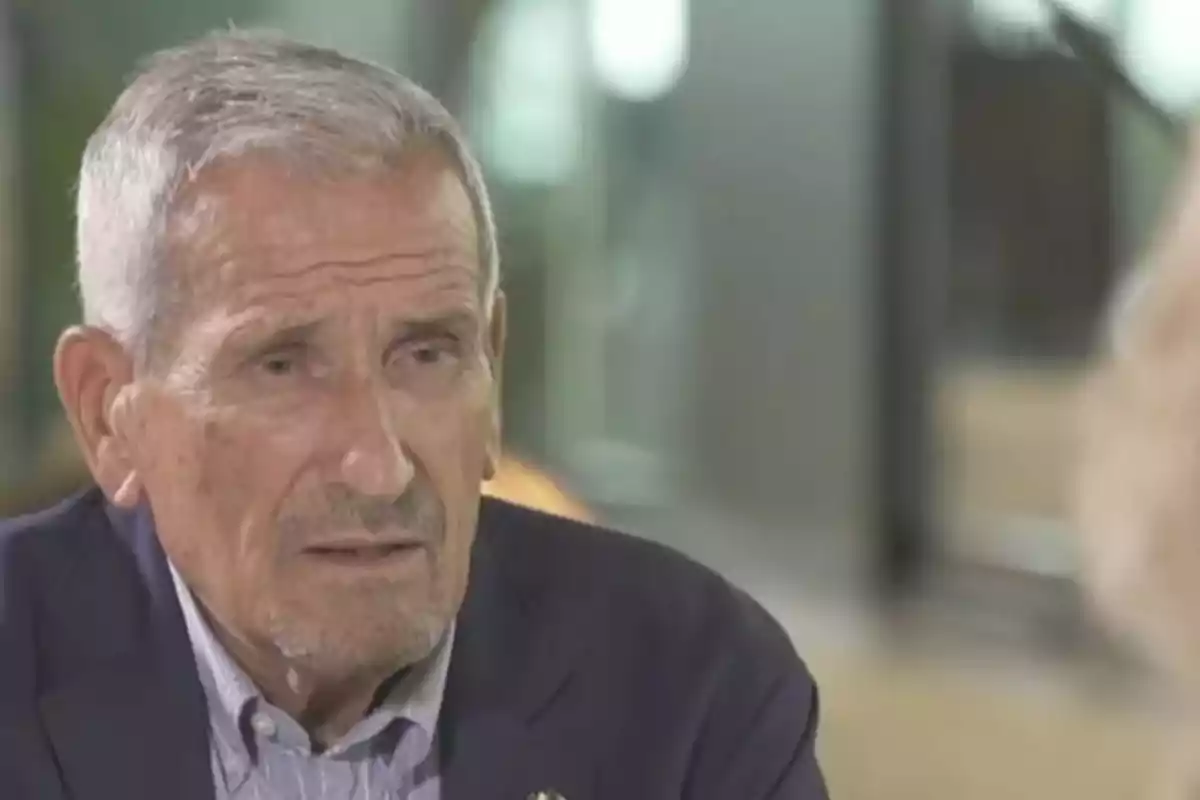
When the then socialist minister Antoni Asunción—now deceased—invited Rafael Vera to leave the Ministry of the Interior on January 29, 1994, he began working precisely at the Madrid law firm of Díaz Arias versus Fernando Peña. All with the aim, according to sources from this firm, of "moving capital and attracting investments from the United States to Spain."
Rafael Vera was listed as an employee of this firm for several months and reached an agreement with a company based in Washington called US Asia which later established the subsidiary US Spain.
On the other hand, in the separation process of Vera's tax advisor from his then wife, María del Mar Soria, it is indicated that the couple traveled "every month, a couple of times to Andorra." "On each trip, with the help of their friends as well, they carried significant sums of money in US dollars. Most of the time in bundles of 10,000 dollars, in 100-dollar bills. These were always deposited by Díaz Arias in numbered accounts opened by him at the International Bank Banca Mora."
Precisely, the Principality of Andorra has been a country visited by many former high-ranking Interior officials during the Felipe González era. Among them Vera and former minister José Luis Corcuera, who on some occasions were also accompanied by their respective wives. One of the Andorran towns visited by both was Les Escalades, where they carried out financial operations at a credit institution called Banca Cassany, now Banca Privada de Andorra.
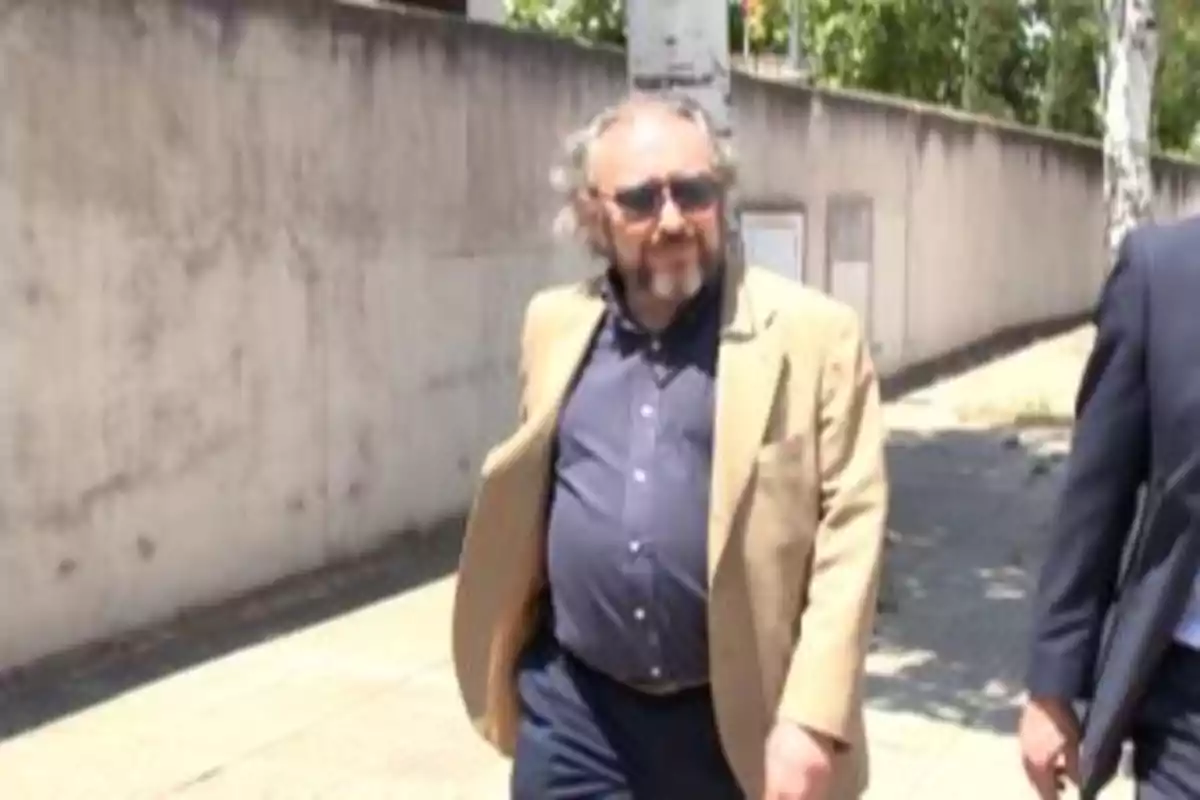
Vera has always enjoyed all the privileged information provided by tax advisors and consultants, José Manuel Díaz Arias and Fernando Peña Álvarez. These were men who mastered all the intricacies, databases, and inner workings of the Spanish Public Treasury perfectly.
Thanks to the information provided by these tax advisors, former high-ranking Interior officials—including former Secretary of State for Security Rafael Vera and the department's documentation chief Pedro García Juarranz—bought apartments in Miami (Florida) in 1990 from companies in the Recreativos Franco group, one of the most powerful in the gaming sector in Spain. The Franco family invested more than 7.8 million USD (1,300 million pesetas) in buying the The Four Ambassador complex in Miami.
Fernando Peña has also had several problems with the justice system. The Sixth Section of the National Court sentenced him in April 2000 for a continuous crime of embezzlement after the disappearance of 522,000 USD (482,000 euros) from four clients of his tax advisory firm. In that case, he used a "front person" to avoid detection.
The Nummaria Foundation And Fernando Peña's "Privileges"
Peña Álvarez created the Nummaria Foundation in 1998 in the State Competence Cultural Foundations Registry. Among the "most important and immediate purposes" of the Foundation is "to provide citizens with information on ways to interact with the State, the autonomous communities, as well as the European Union."
It was through this Foundation that he had a box at Santiago Bernabéu Stadium. A box through which judges, renowned lawyers, artists, etc. have passed, as they were personally invited by Fernando Peña. It was located in the lower tier of the presidential stand, almost at the corner with the north end.
He also had luxury seats at Teatro Real that he gave to his prominent friends to attend opera premieres with their partners. Peña has always been a figure who enjoyed both nightlife and daytime life. He usually attended lunches with lawyers, judges, and police commissioners at the best restaurants in Madrid. He could also be seen at the Las Ventas bullring with them.
His Foray Into Television And Ties To The Monarchy
In 1997 Peña accepted the position of Secretary of the Academy of Television Sciences and Arts. It was at the very moment of its founding. He managed to join thanks to the complicity of the tireless lobbyist Rafael Anson. Thus, relying on his people skills, he began to make good friends among the most well-known actors and professionals in the field. Among them, the woman who became his wife, journalist and writer Almudena Bermejo, one of Queen Letizia's closest friends.
Both friends and other journalists, sometimes including Peña, met almost every week. At their wedding, in February 2015, the queen attended alone and Almudena would meet her at regular gatherings of friends at the Paulino restaurant in the Spanish capital, on Alonso Cano street.
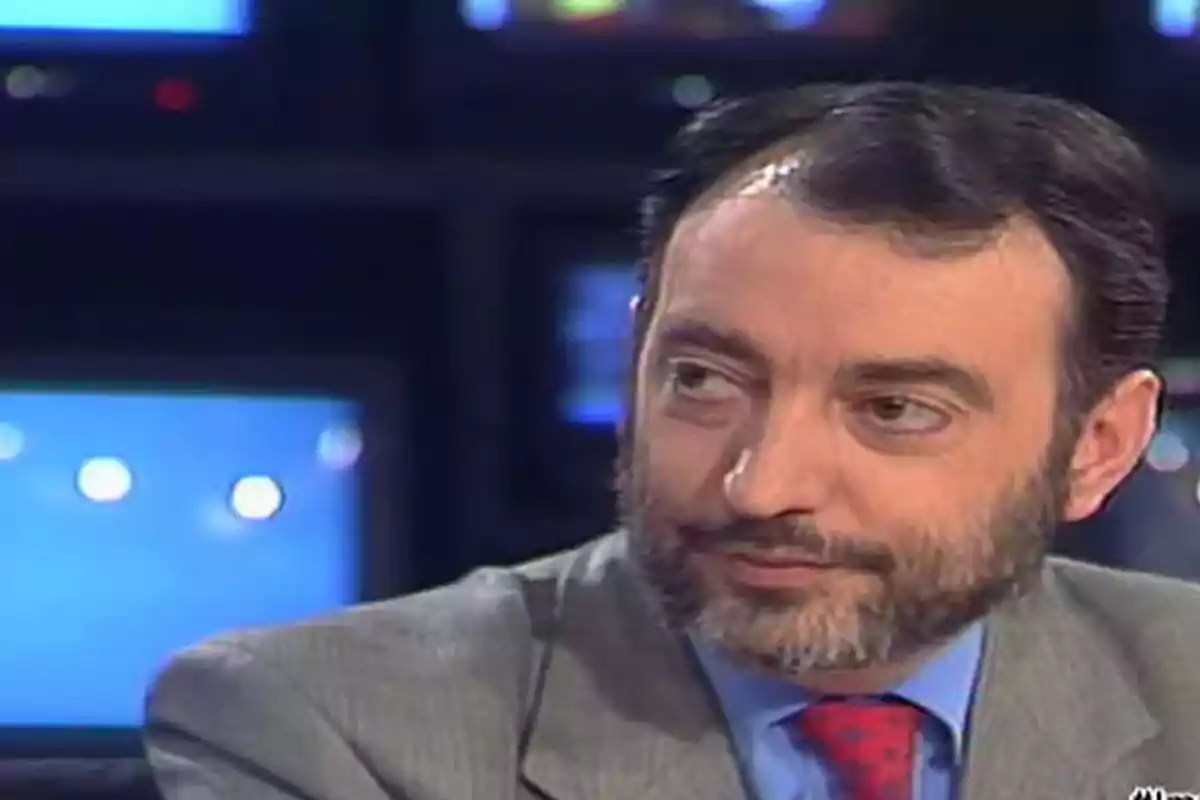
What now seems evident, after the judicial investigation by the National Court, is that Peña took advantage of these years in his position at the Academy of Television to attract prominent television actors and manage their assets, as well as advise them on tax matters for the benefit of their million-dollar investments. All to allegedly evade taxes.
It wasn't just actors, but also well-known television production companies. According to the investigation by the Anti-Corruption Prosecutor's Office, "these actors and production companies used this law firm to defraud the Treasury through European Economic Interest Groupings (AEIE), an innovative legal structure that this firm used solely to defraud the Treasury."
Companies were established in the United Kingdom—owned by others based in Costa Rica—which in turn joined with companies created ad hoc in Spain by the alleged fraudsters, thus forming a fraudulent AEIE. These companies used the Costa Rican "front man" Bernal Zamora Arce, also involved in the Púnica plot, as a "fixer" for the former leader of Madrid's PP, Francisco Granados, and his friend and front man David Marjaliza.
Now, the controversial Fernando Peña is back in the spotlight, sentenced to 80 years in prison for the "Nummaria case."
More posts: